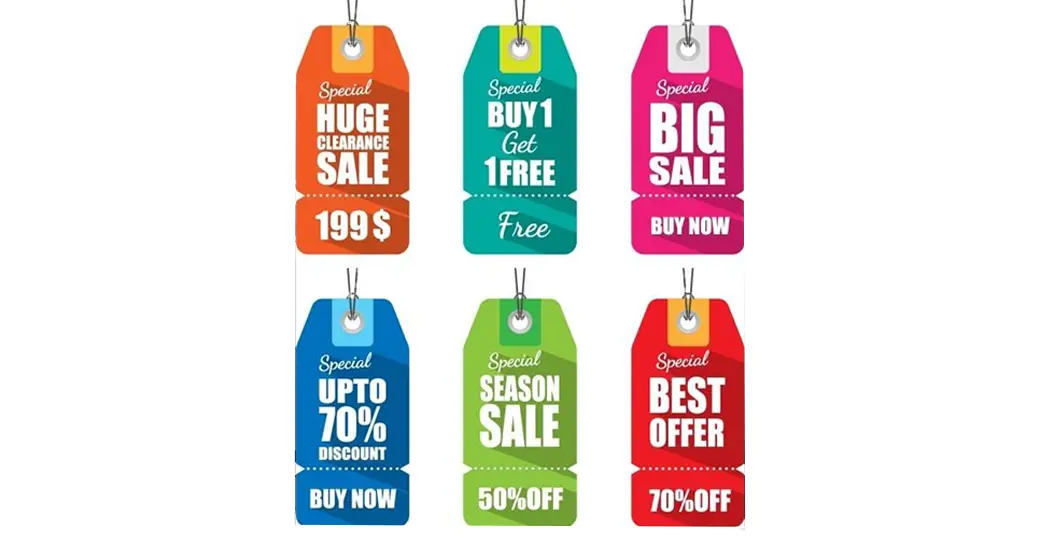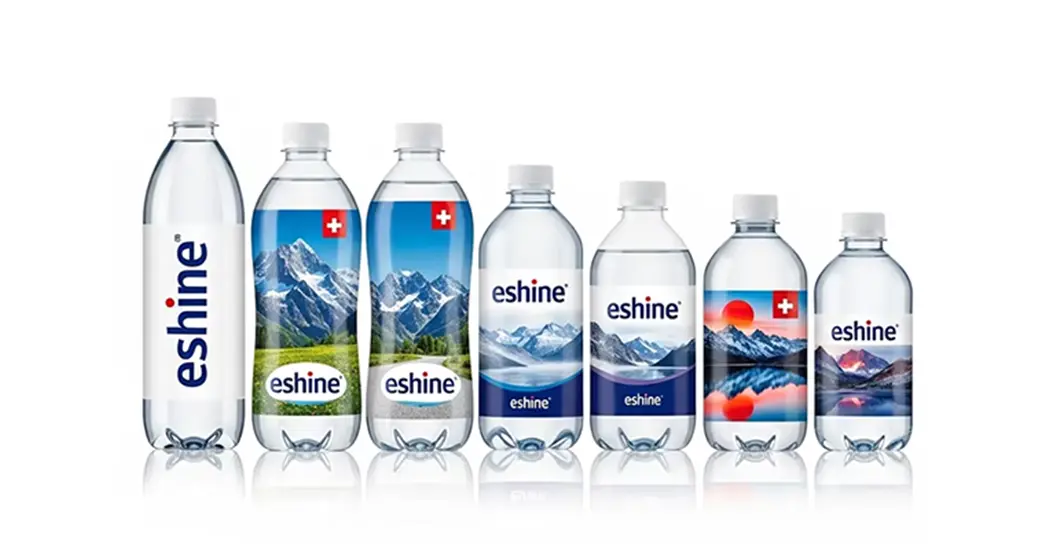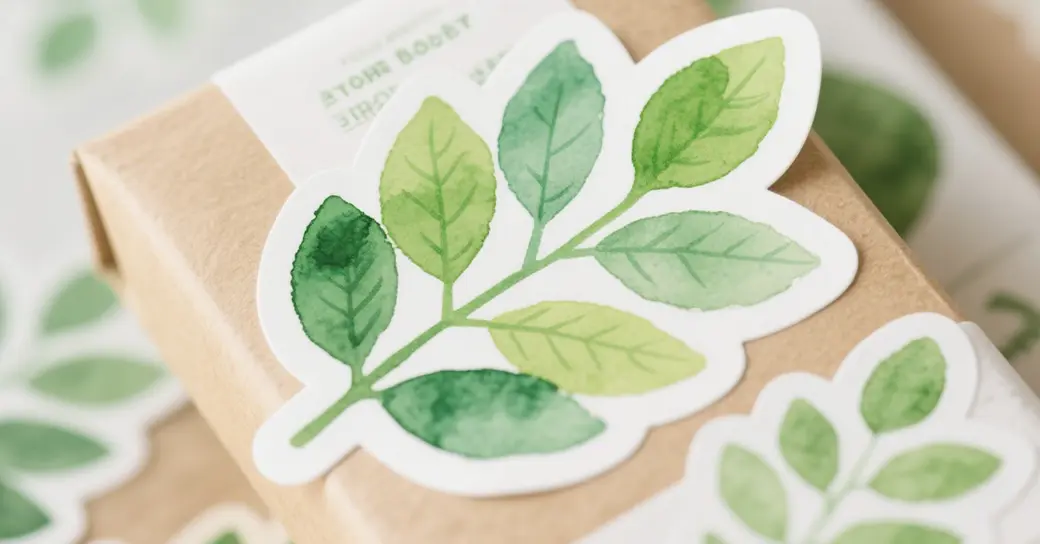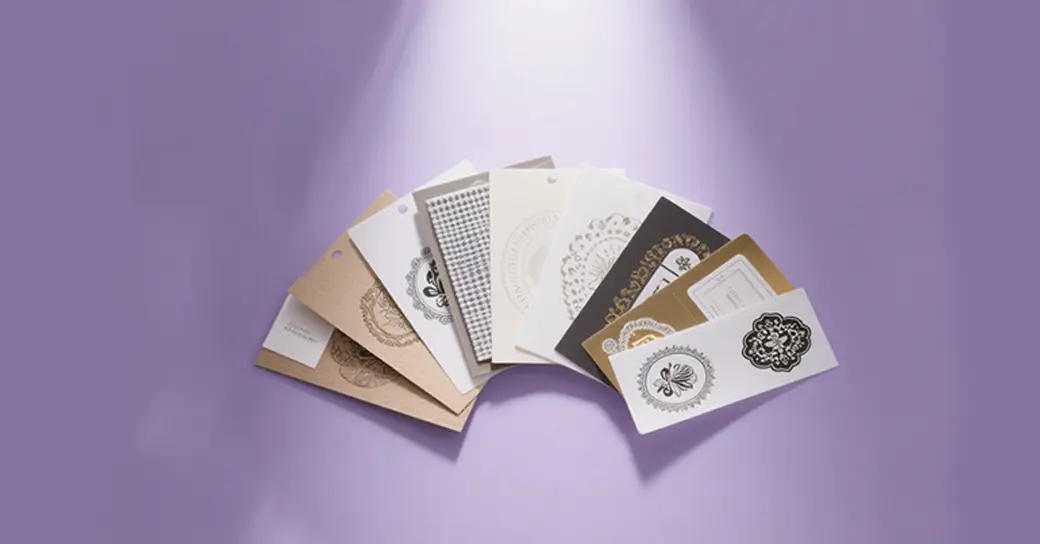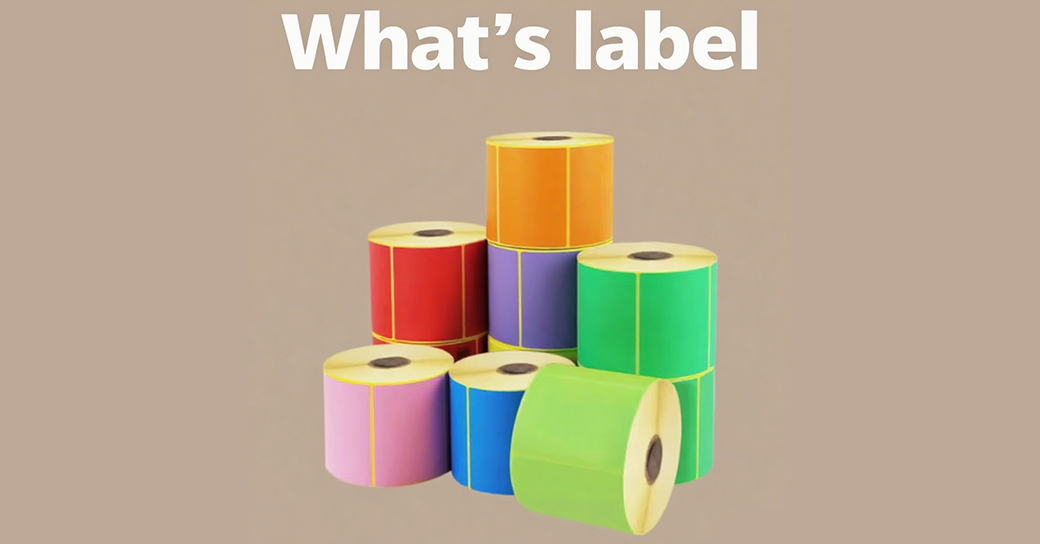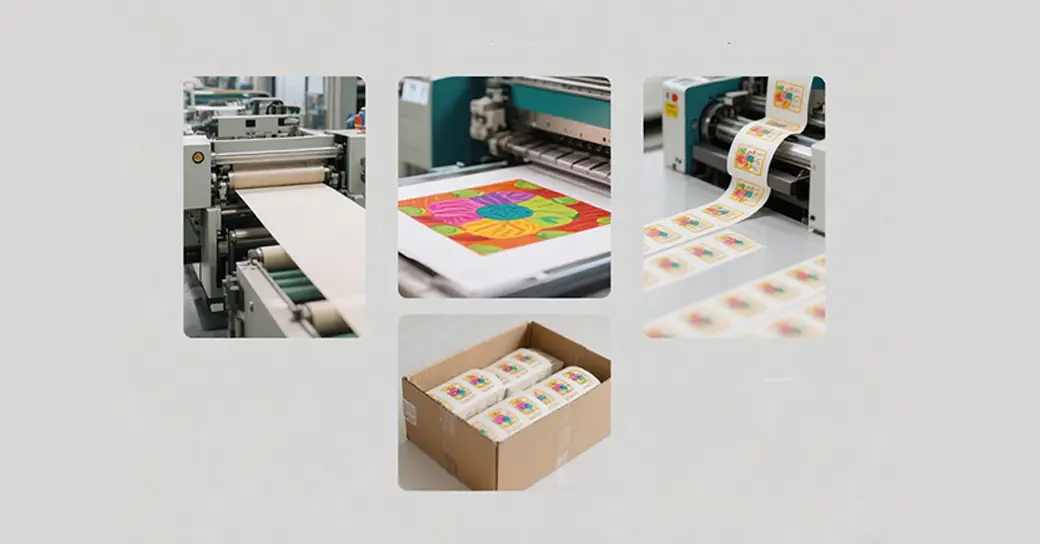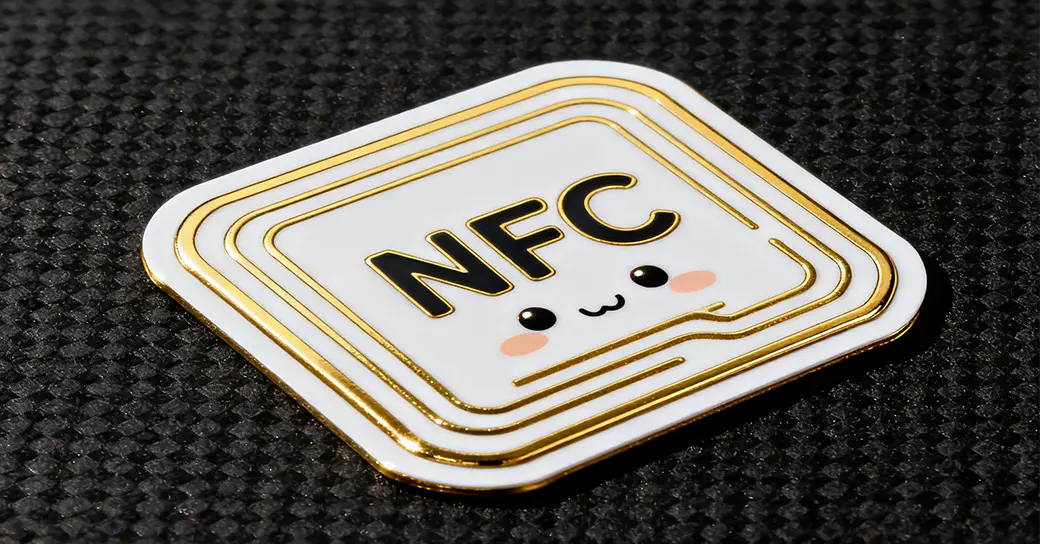Eco-Friendly Labels: The New Trend in Sustainable Packaging
With growing global environmental awareness, the "green revolution" in packaging is extending beyond containers to the subcategory of labels and stickers. Recently, the penetration of eco-friendly products such as biodegradable labels and plant-based stickers has increased significantly in industries like food, beauty, and daily necessities. These products have become a key vehicle for brands to implement ESG principles and are driving the label and sticker industry's transition toward a low-carbon, sustainable future.
According to the "2024 Global Eco-Label Market Report," the global biodegradable label and sticker market grew 35% year-over-year over the past year, with food packaging accounting for over 60%. This growth is driven by both breakthroughs in material technology and policy guidance. Currently, mainstream eco-labels are made from plant-based materials such as corn starch and bamboo fiber, combined with water-soluble adhesives and eco-friendly soy inks. These labels are "naturally degradable" throughout their entire lifecycle, from production to disposal, addressing the challenges of traditional plastic labels, which are difficult to recycle and prone to causing white waste.
In terms of technological application, many label printing companies have achieved large-scale production using environmentally friendly processes. The head of a leading printing company explained, "The bio-based labels we developed maintain practical properties like waterproofness and abrasion resistance while completely degrading in the natural environment within six months. Through optimized digital printing technology, we can also achieve green production for small batches, reducing ink waste and energy consumption." This technological upgrade not only meets the requirements of policies such as the EU Plastic Packaging Directive and China's "Plastic Ban," but also helps brands convey environmental values through packaging details.
The positive response from brands has been a key driver of the popularity of eco-friendly labels. Recently, several well-known food companies announced the transition to biodegradable labels across their entire product lines. One tea chain even prominently featured "biodegradable corn starch labels" on its packaging as a selling point, sparking heated discussion among consumers. Consumer surveys show that 72% of respondents say they "prefer products with eco-friendly labels," demonstrating that environmental attributes are becoming a key factor influencing consumer decisions.
Industry experts point out that the development of eco-friendly labels still faces challenges in balancing cost and performance. Currently, the cost of eco-friendly materials is 15%-20% higher than that of traditional plastic labels, but with scaled production and technological advancements, the potential for cost reduction is gradually increasing. Furthermore, improving the standardization system is crucial. Clarifying material standards and degradation indicators for "degradable labels" as soon as possible is crucial to prevent "pseudo-environmentally friendly" products from disrupting the market.
With the advancement of the "dual carbon" goals and rising consumer demand for environmental protection, eco-friendly labels are evolving from an "option" to a "must-have." In the future, label products incorporating technologies such as recycled materials and carbon footprint traceability QR codes will continue to emerge, driving a new "full-chain green" landscape in the packaging industry.




